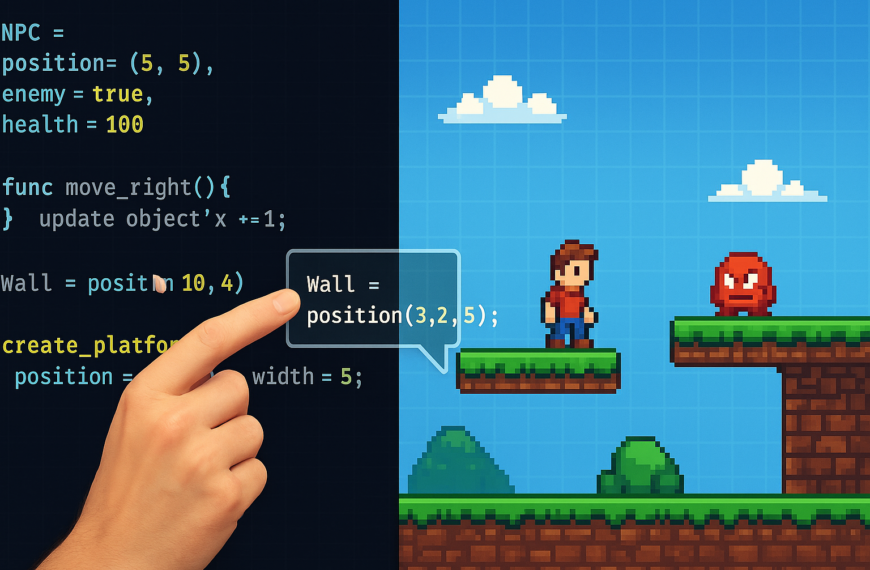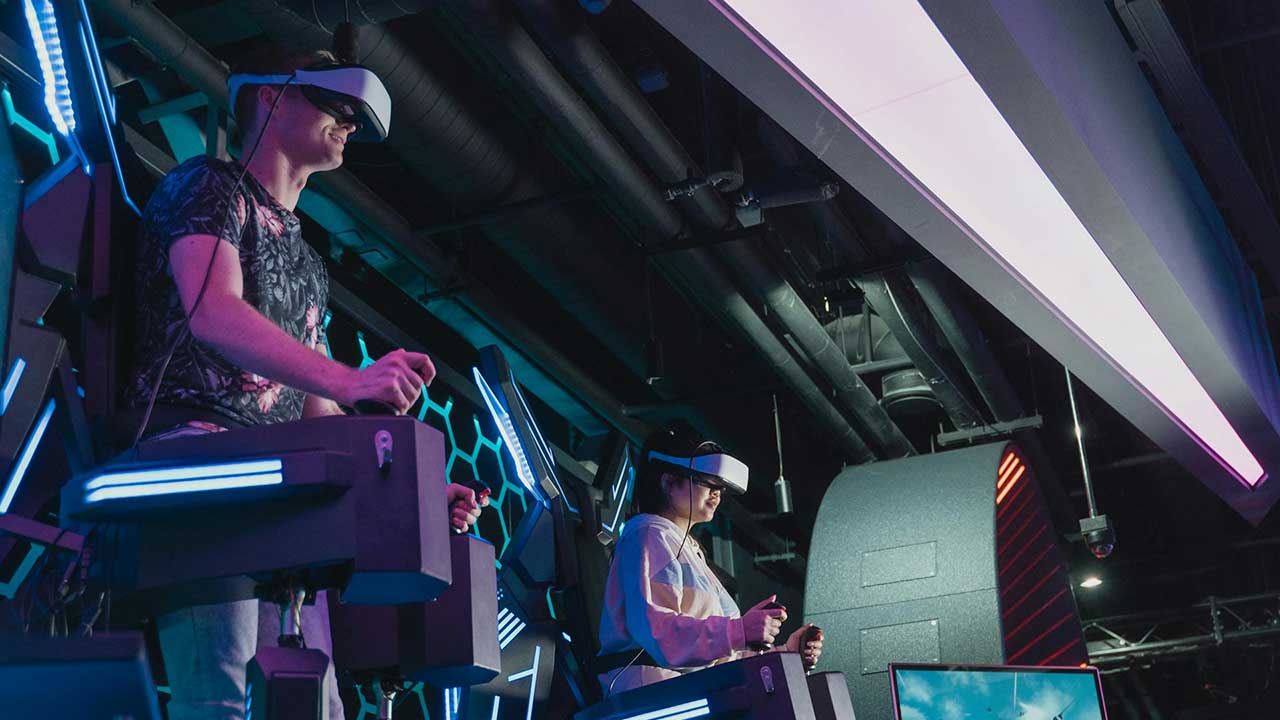There was a time when game engines were only for building games. Now, they’re quietly taking over the film world. What used to take weeks of post-production can now be done on set, in real time. Studios are trading green screens for LED walls, and independent creators are using free software to tell stories that would’ve needed Hollywood budgets just a decade ago. The game engine isn’t just a tool anymore—it’s becoming the studio.
Real-Time Rendering: The New Standard
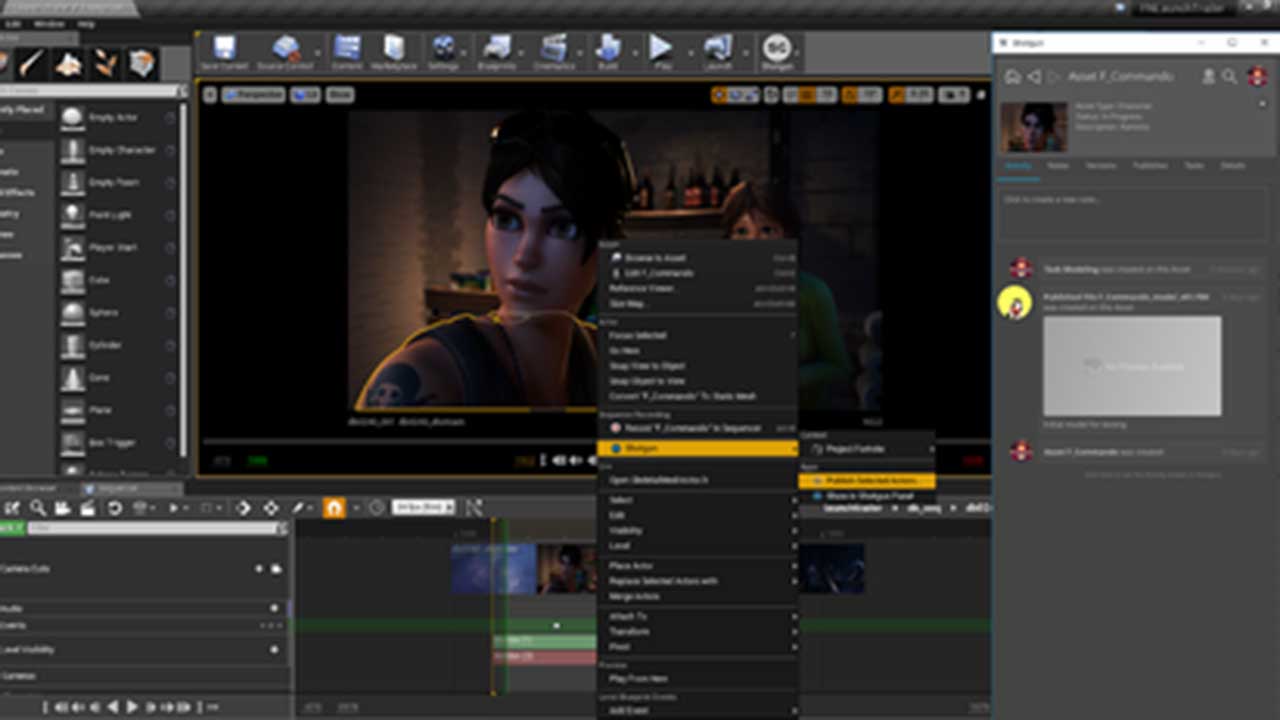
Image Credit: Unreal Engine 4.20 Released!, Fair use/Wiki Commons
Game engines like Unreal Engine and Unity are reshaping filmmaking by offering real-time rendering capabilities. This technology allows filmmakers to see visual effects instantly, streamlining the production process and reducing post-production time. For instance, real-time rendering has been instrumental in projects like The Mandalorian, where virtual sets are rendered live on LED walls, enhancing on-set visualization. (Wikipedia)
This shift not only accelerates workflows but also opens up creative possibilities. Directors can make immediate adjustments to scenes, lighting, and camera angles, fostering a more dynamic and interactive filmmaking environment. As a result, real-time rendering is becoming an essential tool in modern film production.
Virtual Production: Redefining On-Set Filmmaking
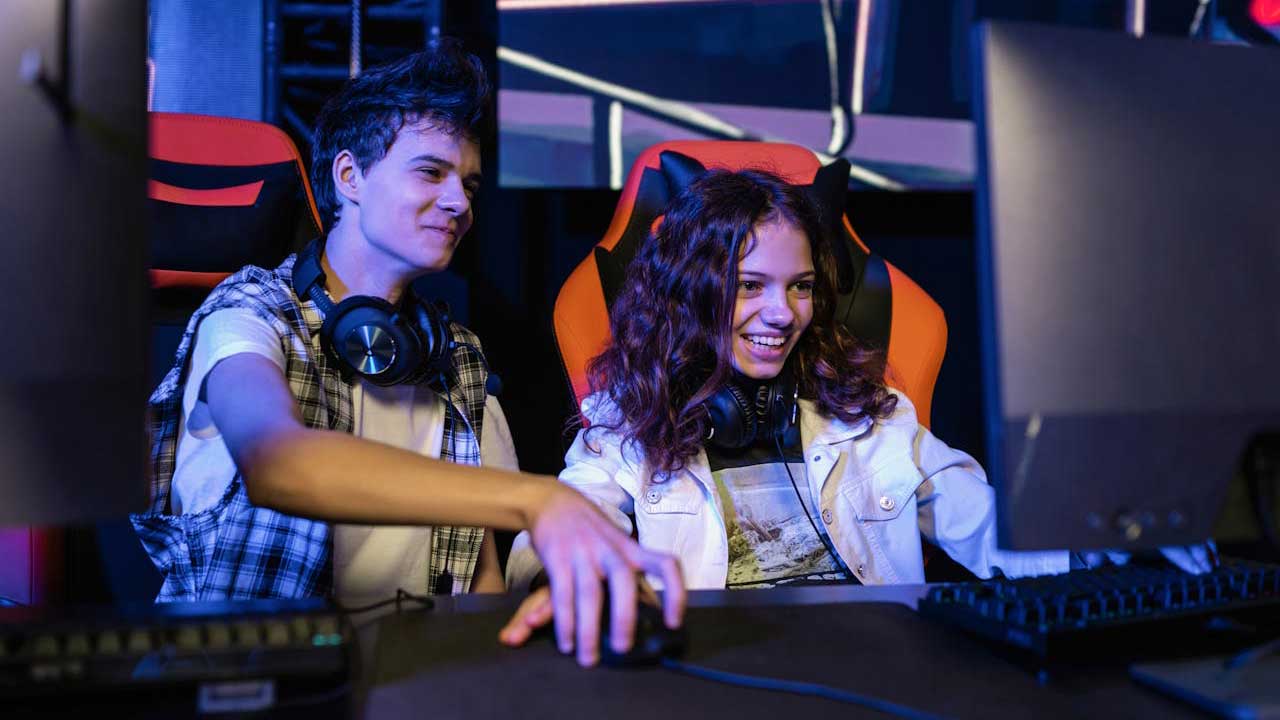
Image Credit: Alena Darmel/Pexels
Virtual production combines physical and digital elements, allowing filmmakers to shoot scenes within immersive virtual environments. By utilizing game engines, productions can render backgrounds and effects in real-time, providing actors and directors with a more tangible setting. This approach was notably used in The Mandalorian, where LED walls displayed real-time rendered environments, enhancing the realism of scenes. (Wikipedia)
The benefits of virtual production are manifold. It reduces the need for location shoots, lowers production costs, and allows for greater creative control. Filmmakers can experiment with different settings and lighting conditions on the fly, making the production process more flexible and efficient.
Democratizing Filmmaking: Accessibility Through Game Engines

Image Credit: Kyle Loftus/Pexels
Game engines are lowering the barriers to entry in filmmaking, making it more accessible to independent creators and small studios. Tools like Unreal Engine provide comprehensive resources for creating high-quality visual effects without the need for extensive budgets or large teams. This democratization is empowering a new generation of storytellers to bring their visions to life.
The accessibility of these tools also fosters innovation. Creators can experiment with different styles and techniques, leading to unique and diverse content. As game engines continue to evolve, we can expect an even broader range of voices and stories in the film industry.
The Evolution of Machinima: From Niche to Mainstream
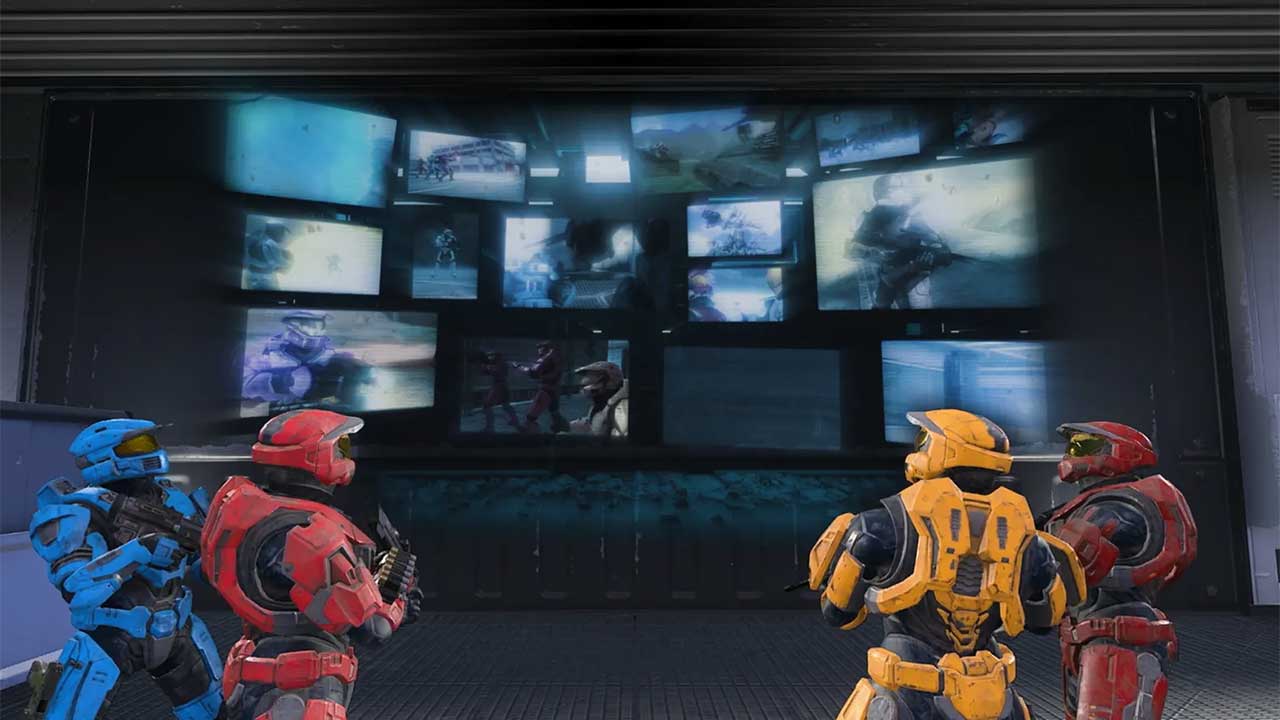
Image Credit: wired.com
Machinima, the practice of creating films using video game engines, has evolved from a niche hobby to a recognized form of storytelling. Early examples like Red vs. Blue showcased the potential of using game environments for narrative purposes. Today, machinima influences can be seen in various media, including virtual concerts and interactive experiences. (Wired)
This evolution reflects the growing intersection between gaming and filmmaking. As technology advances, the lines between these mediums continue to blur, leading to innovative forms of entertainment that engage audiences in new ways.
Future Horizons: The Expanding Role of Game Engines
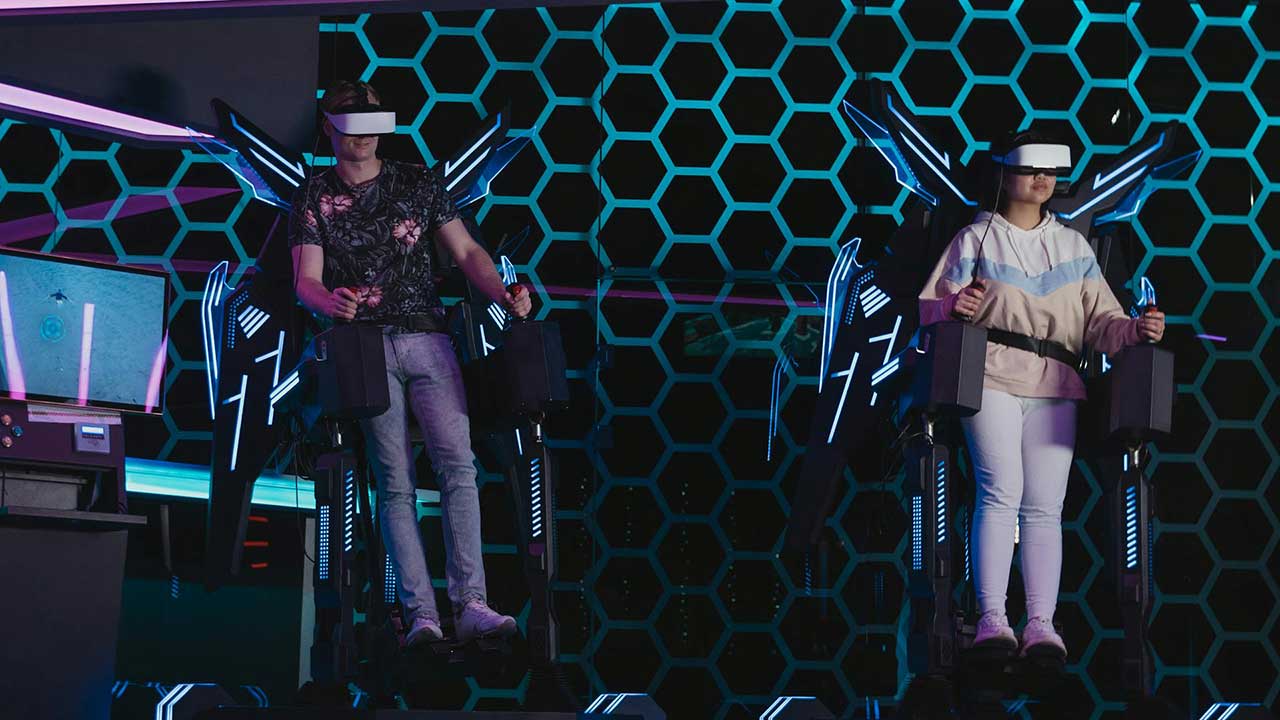
Image Credit: Tima Miroshnichenko/Pexels
Looking ahead, game engines are poised to play an even more significant role in filmmaking. Advancements in real-time rendering, virtual production, and interactive storytelling are opening up new possibilities for creators. Studios are increasingly investing in these technologies, recognizing their potential to revolutionize the industry.
As these tools become more sophisticated and accessible, we can anticipate a surge in creative experimentation. The fusion of gaming and filmmaking is not just a trend but a transformative shift that is redefining how stories are told and experienced.
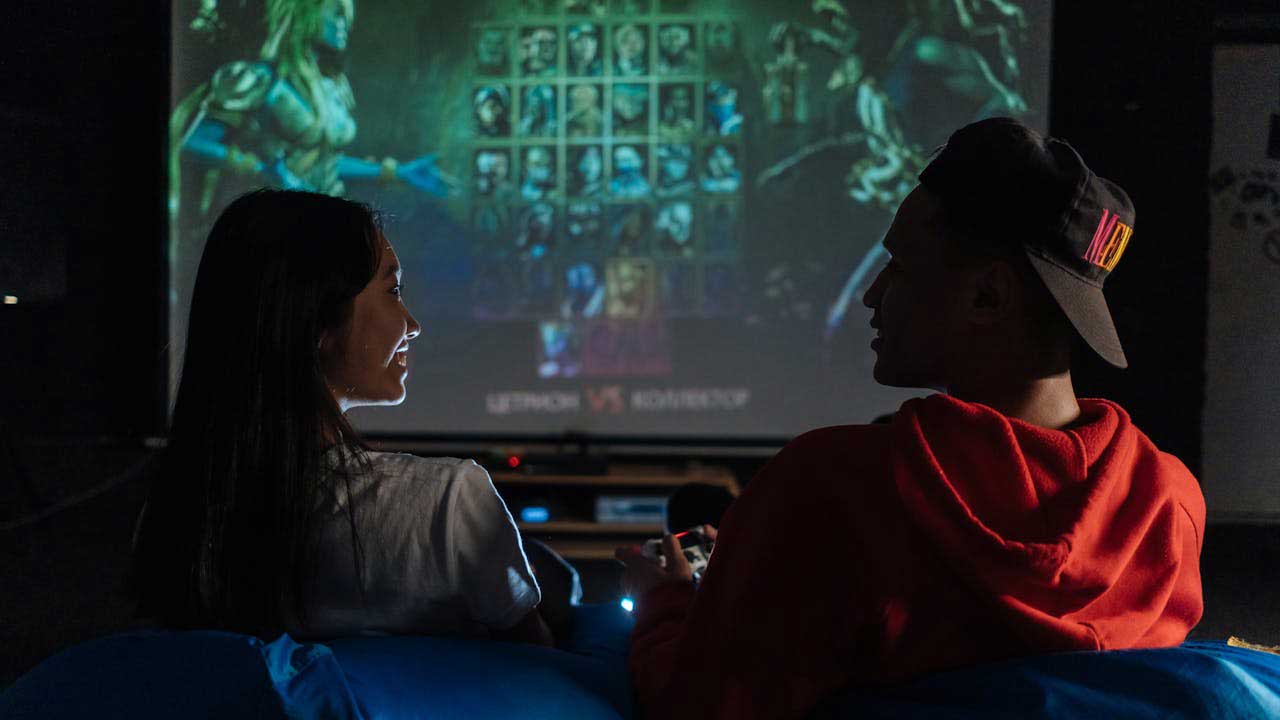

 By
By
